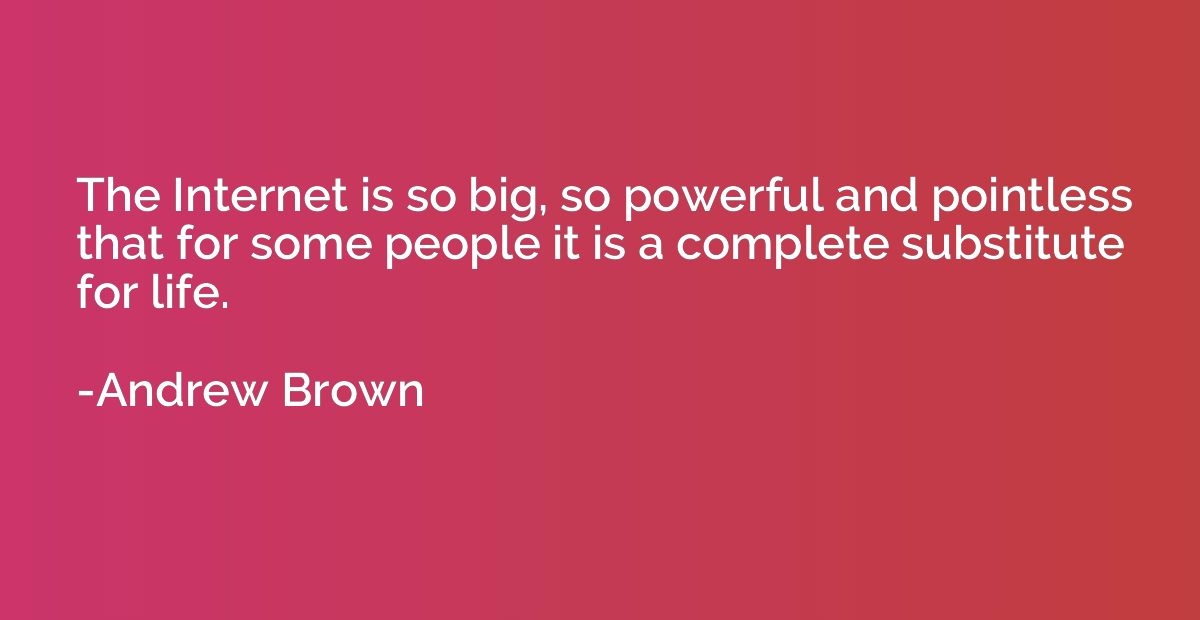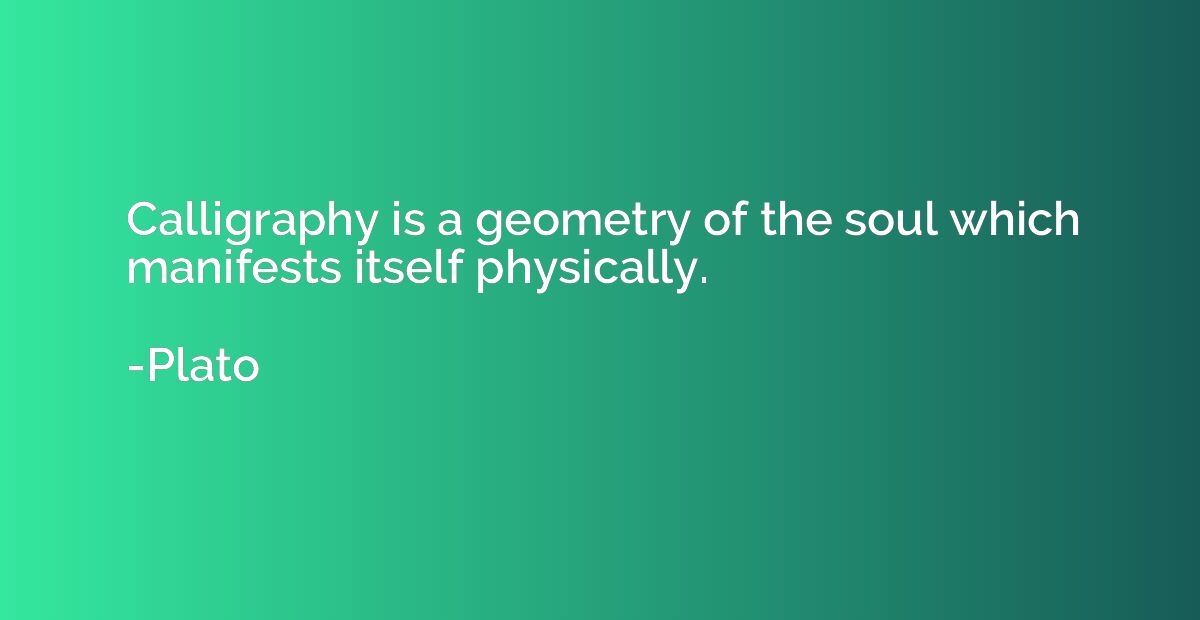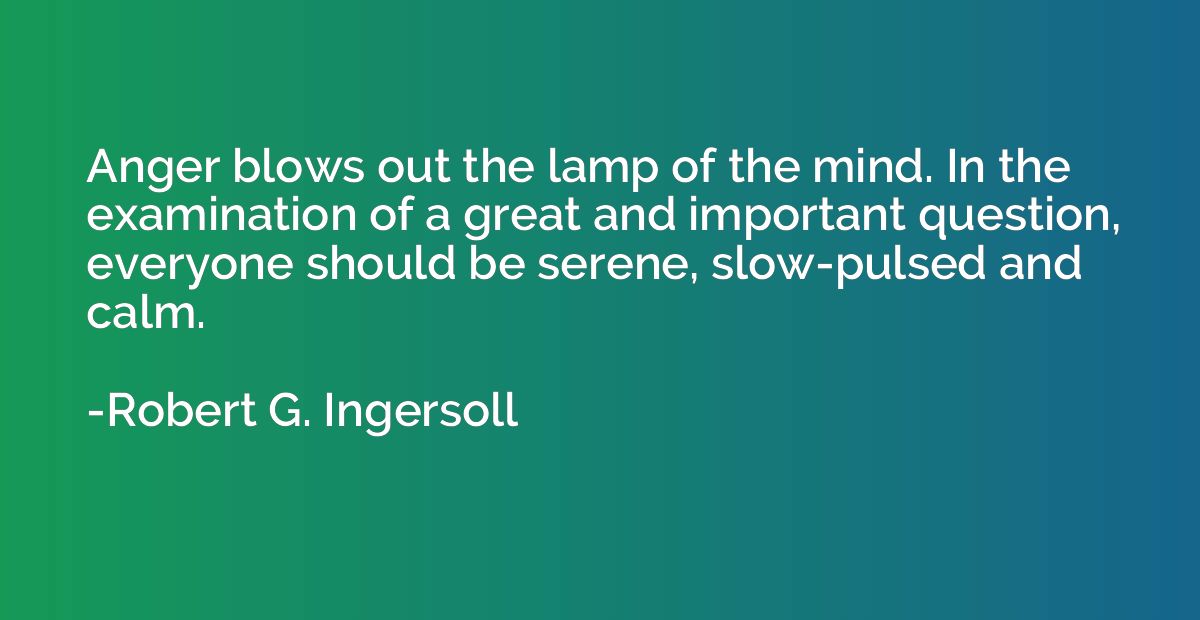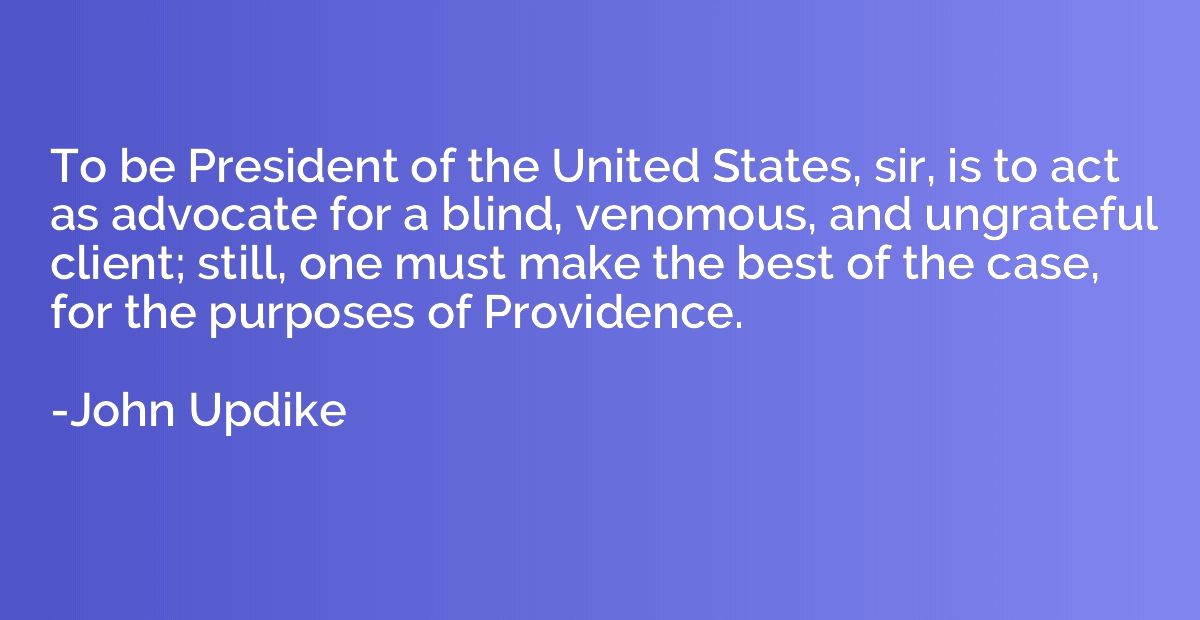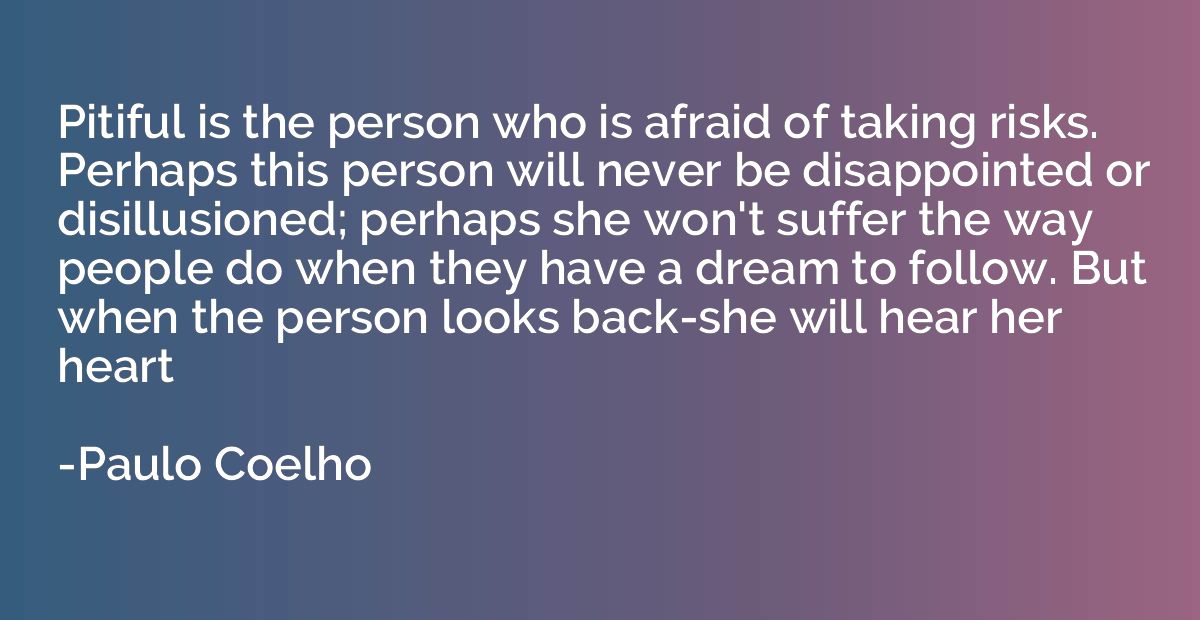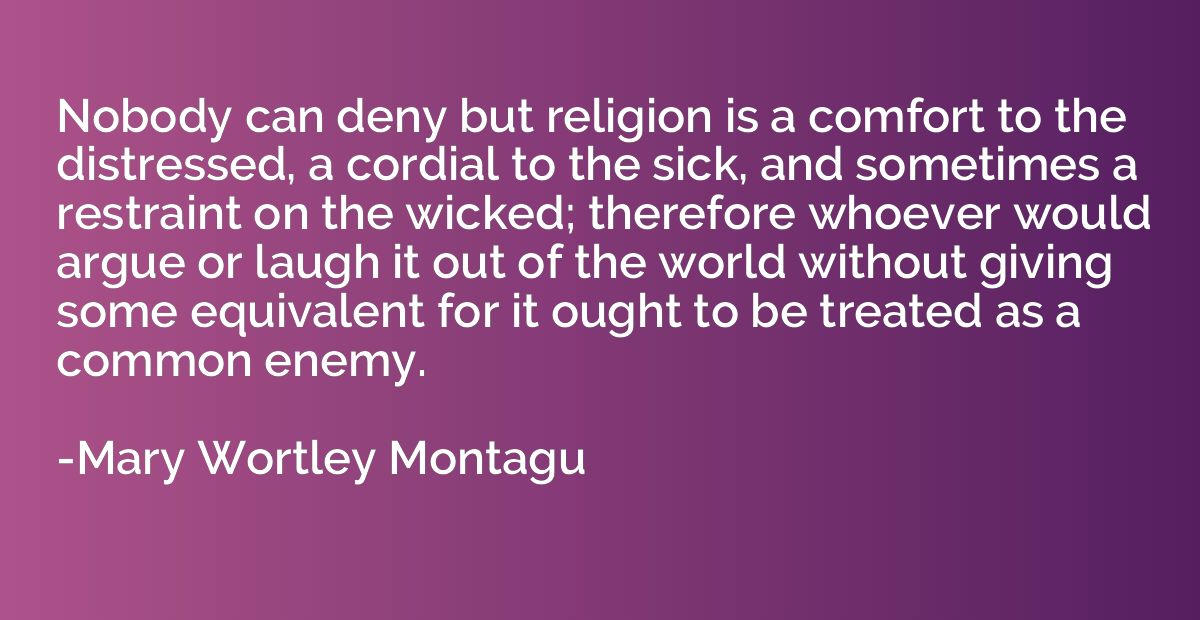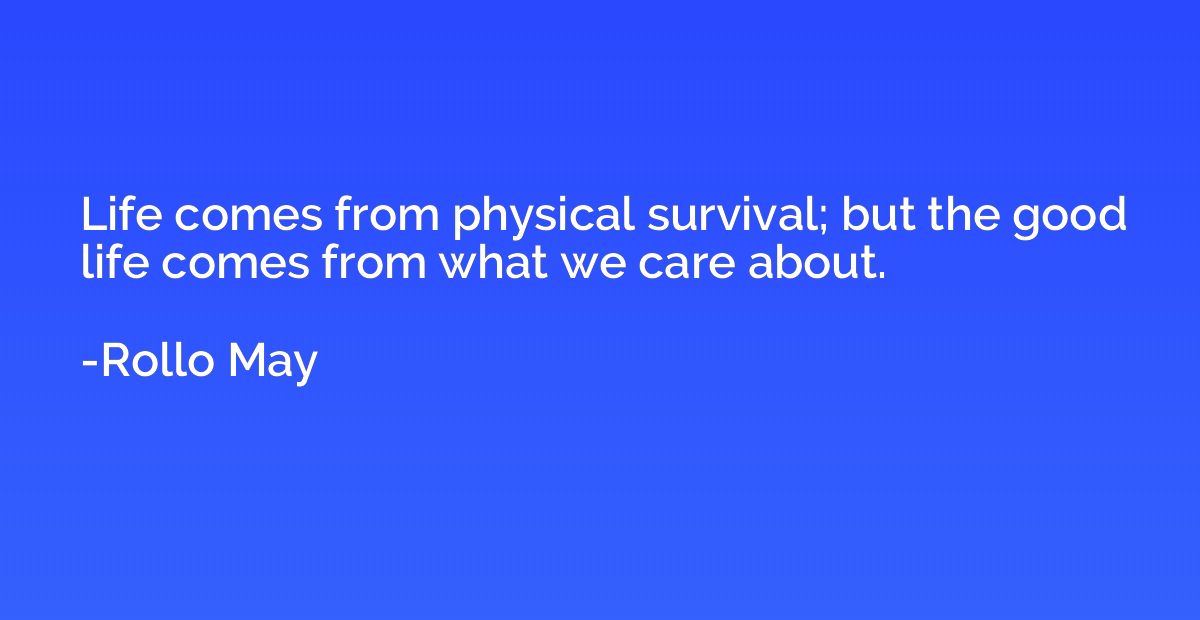Quote by Ovid
Happy is the man who has broken the chains which hurt the mind, and has given up worrying once and for all.
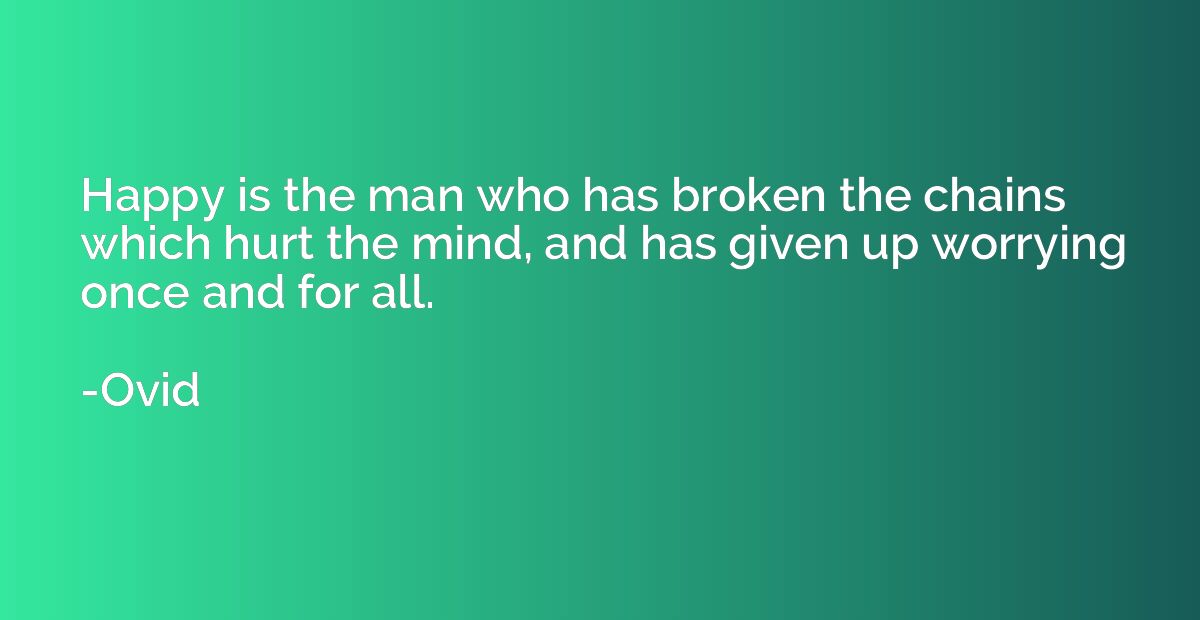
Summary
This quote suggests that true happiness lies in freeing oneself from the burdens and constraints that torment one's mind. By liberating oneself from worries, anxieties, and negative thoughts, one can attain a state of contentment and inner peace. Breaking the chains symbolizes removing the mental barriers that hinder happiness, allowing one to live a lighter and more fulfilling life. Letting go of worries implies a conscious decision to relinquish unnecessary concerns, enabling one to embrace a more positive and joyful existence.
Topics
Worry
By Ovid




